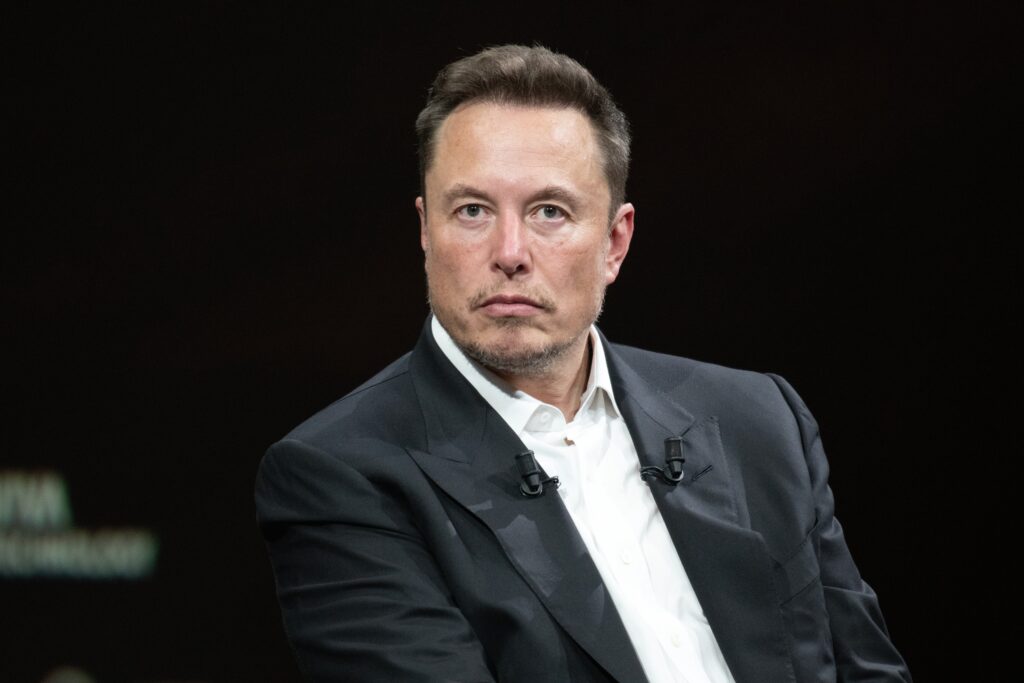Federal Workers Face a Familiar Choice
In November 2022, Elon Musk, fresh off his Twitter acquisition, emailed employees an ultimatum: work “hardcore” or leave. A year later, the federal government distributed a nearly identical memo. It demanded a commitment to “excellence,” “reliability,” and “loyalty” or offered a buyout option. This shift signals Musk’s influence on public service as a top advisor to President Donald Trump and head of the Department of Government Efficiency (DOGE).
Many question whether Musk’s rapid, aggressive downsizing tactics, previously seen at Twitter, will now apply to government. His approach at Twitter resulted in broken systems, mass layoffs, and a drastic loss in company value. Lara Cohen, former head of marketing at Twitter, drew parallels between Twitter’s chaotic downsizing and the government’s recent moves. “They shut everything down without knowing who does what,” she warned. “But this isn’t a company—it’s the country, and real people will suffer.”
Musk’s Role in Downsizing Government
On the campaign trail, Musk frequently advocated for shrinking government. His buyout plans fit Trump’s style, said Columbia professor William Klepper, who noted, “Trump’s reality show background is all about firing people.” However, Klepper also emphasized the key difference: “Government is not business. Businesses seek profits, but governments aim to provide value to citizens.”
Despite concerns, White House press secretary Karoline Leavitt praised Musk’s role at DOGE as “incredibly productive.” Meanwhile, Musk defended government downsizing on X, citing a poll where 44% of respondents supported ending diversity and equity programs. Musk’s influence is being compared to his time at Twitter, which saw drastic staff reductions and chaos. After Musk’s $44 billion purchase, he fired most of the workforce and then scrambled to rehire some.
Musk’s other changes included data center closures, leading to service outages, and cutting safety teams, which caused content moderation issues. White supremacists and misinformation peddlers returned to the platform, triggering advertiser exits and lawsuits from vendors and landlords. Amid investigations for improper office conversions and unpaid dues, the company lost 80% of its value, according to Fidelity.
Yet, Musk gained personal power. Over the summer, he used X to push pro-Trump narratives. With Trump’s reelection, Musk secured a White House office and an even bigger fortune. His connection to Trump benefits his business empire and could mean continued aggressive staffing cuts at DOGE.
Despite the fallout at Twitter, Musk’s success in boosting his own power means he’s unlikely to abandon the same tactics in his new federal role.


